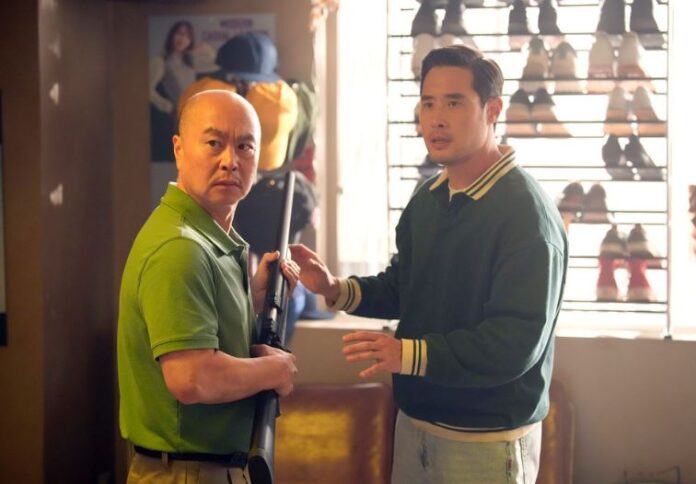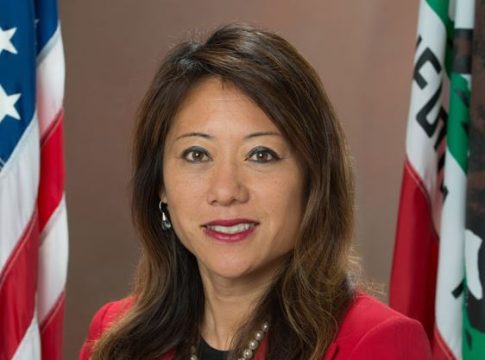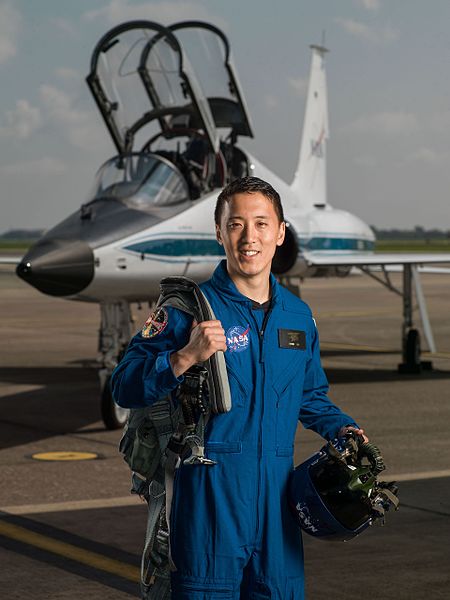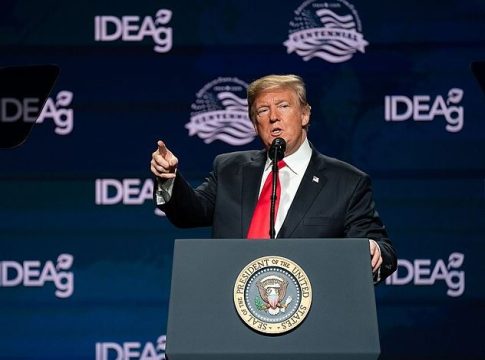By Erin Chew
The reboot of Quantum Leap (2022) was successful in that it was renewed by NBC for a second season. Starring Raymond Lee as the eccentric physicist Ben Song, not one episode of this series has been dull with Song traveling through time, leaping into the life of strangers, and living their lives before he makes the next leap.
This storyline continues into season two, and this includes interesting time periods. In episode five: One Night in Koreatown, Song leaps into the body of an 18-year-old Daniel working for his father’s shoe store in Koreatown in Los Angeles (LA) at the start of the explosive 1992 riots. Facing an emotional connection in the riots to his past, Magic (Earnest Lee Hudson) joins Song on the leap.
The episode which aired November 1 can still be seen streaming on Peacock.
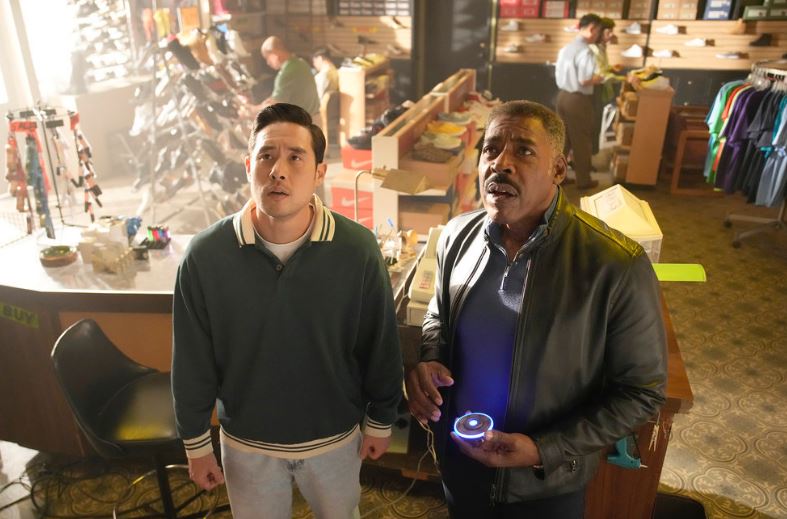
The very important episode touches on a sensitive time in recent history when racial tensions between African Americans and Koreans were high. In addition, it marked a period that identified the failures of American society and its media in its bias and racism. For one of the writers of this episode, Deric A. Hughes, who is of Asian American background, the 1992 LA riots resonated with him personally, and that impacted on how he wrote the episode.
LATEST STORIES
“As an Asian American, the 1992 riots really defined how I personally saw race relations in the US. I wanted to reflect some of these perspectives when writing the episode with Ben. I want audiences to see the riots with a wider lens of what happened and where we are today. In many ways we are still fighting against racism and this really hasn’t changed. I also wanted to convey how civil unrest still continues with all the injustices we still see”, Hughes said in a recent interview with AsAmNews.
For director for the episode, Tamika Miller who comes from an African American background, also wanted the episode to remind viewers that the injustices of today aren’t that different from 1992.
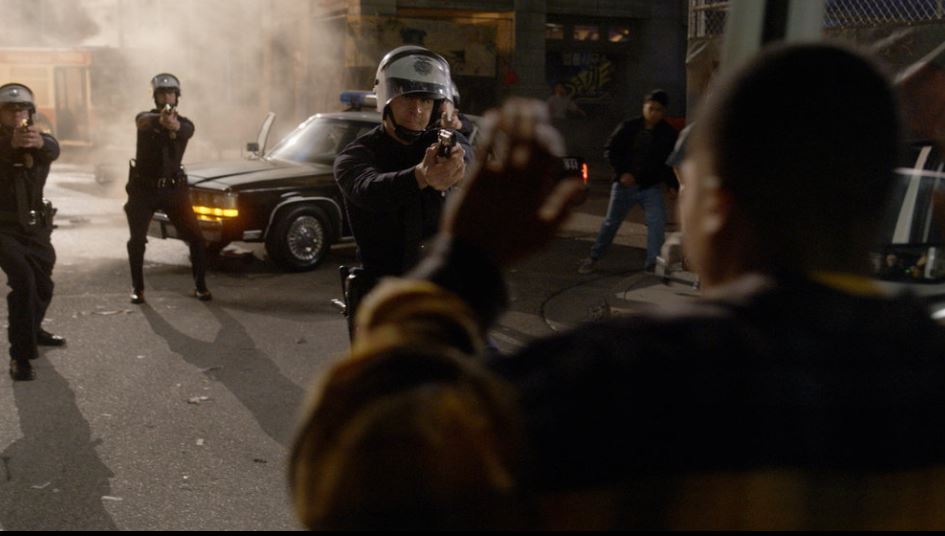
“The 1992 riots are definitely personal for me as a Black woman who faces racism and sexism every day. If you think about it the systemic racism of the institutions who are meant to protect us as Americans failed us back then and in many ways, have failed us today. I want this episode to show how injustice manifests itself and morphs into something else with time. It is also an opportunity for viewers to walk in the shoes of someone who witnessed and experienced American societal injustice, as Ben leaps into Daniel”, Miller expressed.
When juxtaposing an important event in history into a fictional series, it is all about the balance of reality and creativity. How much of each is up to the writer’s and director’s discretion to ensure that justice is done for history and at the same time the series/episode is entertaining.
Considering the sensitivity and the trauma attached to the 1992 LA riots, this balance question was posed. For writer Benjamin Raab, not being Asian or African American writing on this show required him to do a lot of research and ensure what was presented reflected the actual events with the creativity added into some of the complexities of the event.
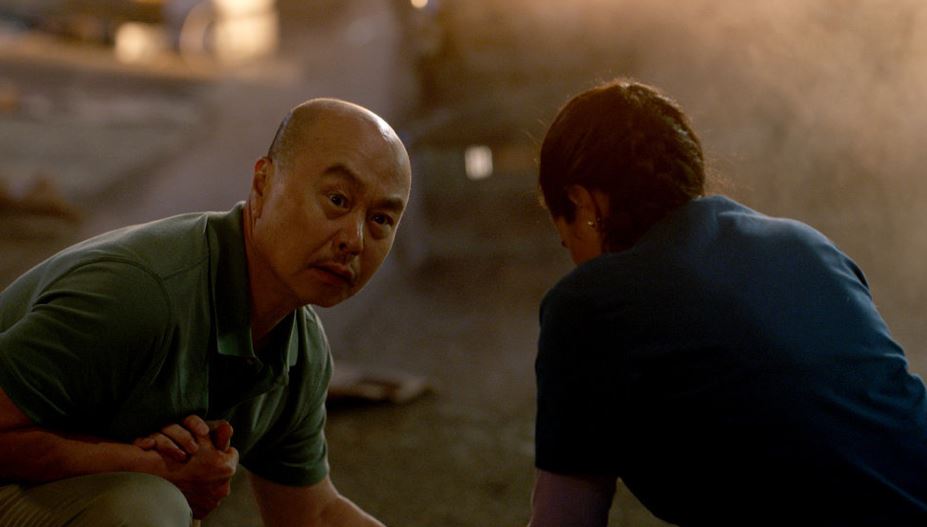
“Both Deric and I did a lot of research into the events of the 1992 LA riots in making sure we at least had a timeline that we could follow – with the events that occurred, the aftermath, the trials and the verdicts etc. This also ensured we could use the events thematically in this episode and show the nuances and use our creativity in presenting the gray area of what happened. That is how we reached the balance I hope”, Raab stated.
Directing this episode was more about ensuring the lens didn’t come from the dominant culture but came from the lens of the cultural minority, according to Miller. This was important for her as the riots happened decades ago, and many people would have forgotten about it. To present it from a minority lens allowed for a more nuanced episode that had enough creativity to still do justice to this important part of history.
“When I read the script for the One Night in Koreatown episode, I was so excited to bring this to life. As many people have forgotten about this history it was important that I bought a nuanced approach in my directing. As a Black woman, I am bringing actual lived experiences to this episode, so I am a lot more sensitive to the story behind the characters and with my minority lens I bring a more multi-dimensional and layered perspective to the episode.”
Finally, Hughes spoke about how he felt honored to be a writer for this One Night in Koreatown episode and be part of Quantum Leap. This reboot is very culturally diverse in all its cast and crew and he particularly related to the main protagonist Ben Song – seeing a strong Asian male leap through time and be the hero of the series – unlike old racial stereotypes in Hollywood that Asian men are not made out for heroic roles.
“If you look at Ben Song, he isn’t this ultra muscular guy who has to take off his shirt to prove his masculinity. He defines masculinity as a smart physicist and a science nerd, which goes against all the negative stereotypes that Asian male nerds are unattractive. As an Asian man, I am proud to be part of this and be part in molding Ben Song and make him the hero Asian men deserve to be in American entertainment”, Hughes discussed.
You can watch season two of Quantum Leap on NBC on Wednesdays, and on various streaming platforms such as Peacock the day after.
AsAmNews is published by the non-profit, Asian American Media Inc. Make a tax-deductible donation of at least $40 or pledge a monthly recurring donation of at least $10 by August 31 and receive a free copy of The Legend of Mu Lan: Heroine of Ancient China, the inspiration for the classic Disney movie. We are supported in part by funding provided by the State of California, administered by the California State Library in partnership with the California Department of Social Services and the California Commission on Asian and Pacific Islander American Affairs as part of the Stop the Hate program. To report a hate incident or hate crime and get support, go to CA vs Hate.

